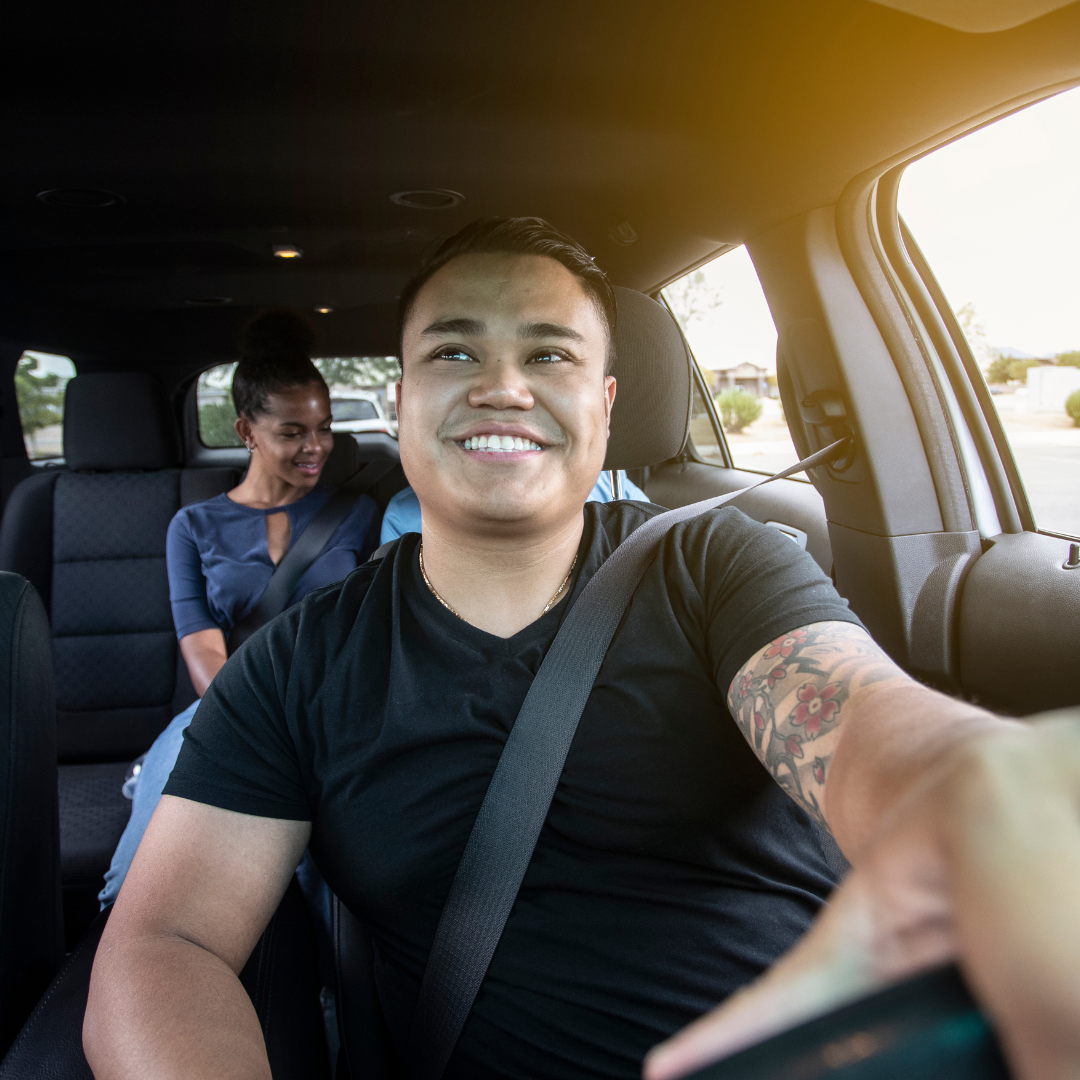Rideshare crashes raise unique insurance questions in Florida. Whether you were a passenger, the rideshare driver, or another motorist, your next steps depend on the driver’s app status and how no‑fault (PIP) benefits apply.
This guide explains what PIP pays, when the rideshare company’s policy steps in, and how to protect your claim from the start.
See a doctor as soon as possible, even if your pain feels minor. Florida’s PIP benefits require initial treatment within 14 days. Keep every visit summary, referral, and receipt—they become key proof of your injuries and your timeline.
Personal Injury Protection generally pays first for your medical care if you carry Florida PIP—sometimes even if you were a rideshare passenger. PIP typically covers 80% of reasonable medical expenses and 60% of lost income, up to $10,000 in combined benefits. If a provider does not diagnose an Emergency Medical Condition (EMC), medical benefits may be limited to $2,500.
If you don’t have your own PIP (for example, you don’t own a vehicle), coverage may come from a policy on the vehicle you occupied or from coverage required under Florida’s Transportation Network Company (TNC) law during the trip.
Florida law ties minimum coverage to the driver’s status in the app:
You may pursue pain and suffering and other non‑economic damages when your injuries meet Florida’s serious injury threshold. That typically involves permanent injury, significant and permanent loss of an important bodily function, significant and permanent scarring, or death.
Most negligence claims now have a two‑year filing deadline. Florida also follows a modified comparative negligence rule: if you are more than 50 percent at fault, you cannot recover. At 50 percent or less, your recovery is reduced by your share of fault.
Contact The Nation Law Firm for a free case evaluation.
If the at‑fault driver carries low limits—or there are multiple injured people drawing from the same policy—Uninsured/Underinsured Motorist coverage can make the difference. Check your own UM/UIM and the TNC policy language for the trip.
Drivers are generally treated as independent contractors when they meet Florida’s TNC requirements. In practice, claims typically proceed against the at‑fault driver and the applicable insurer(s), including the rideshare company’s policy for the period in effect. Every case is fact‑specific; early legal guidance helps protect the right evidence.
